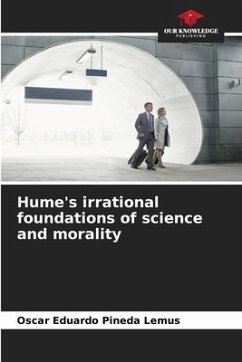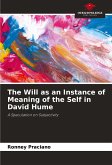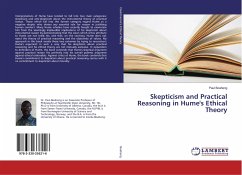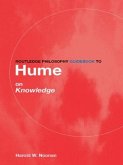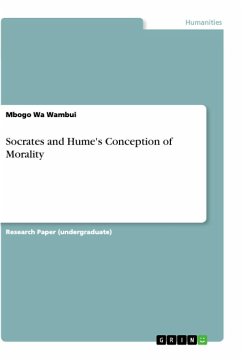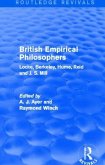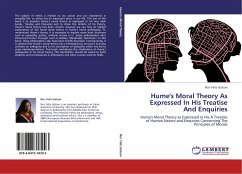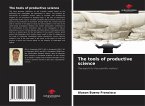Reflection on the way in which human beings develop their knowledge has been one of the fundamental pillars of philosophical thought throughout its history. In this context, one of the most relevant aspects has to do with the structuring of the concept of science. From the Greeks to the contemporaries, postulates have been provided in which answers from different positions are evidenced in an attempt to respond to such interesting questions. Under this panorama, the philosopher David Hume develops an impeccable postulate on human nature. Based on his philosophy, the aim of this paper is to demonstrate the existing relationship between knowledge and morality in people from the conception of "habit", showing that this is a disposition that is created in our mind from the repeated experience of something. More than reason itself, in Hume's view habit or custom is the guide of human life, the basis of our causal inferences and our expectations of future events.
Bitte wählen Sie Ihr Anliegen aus.
Rechnungen
Retourenschein anfordern
Bestellstatus
Storno

